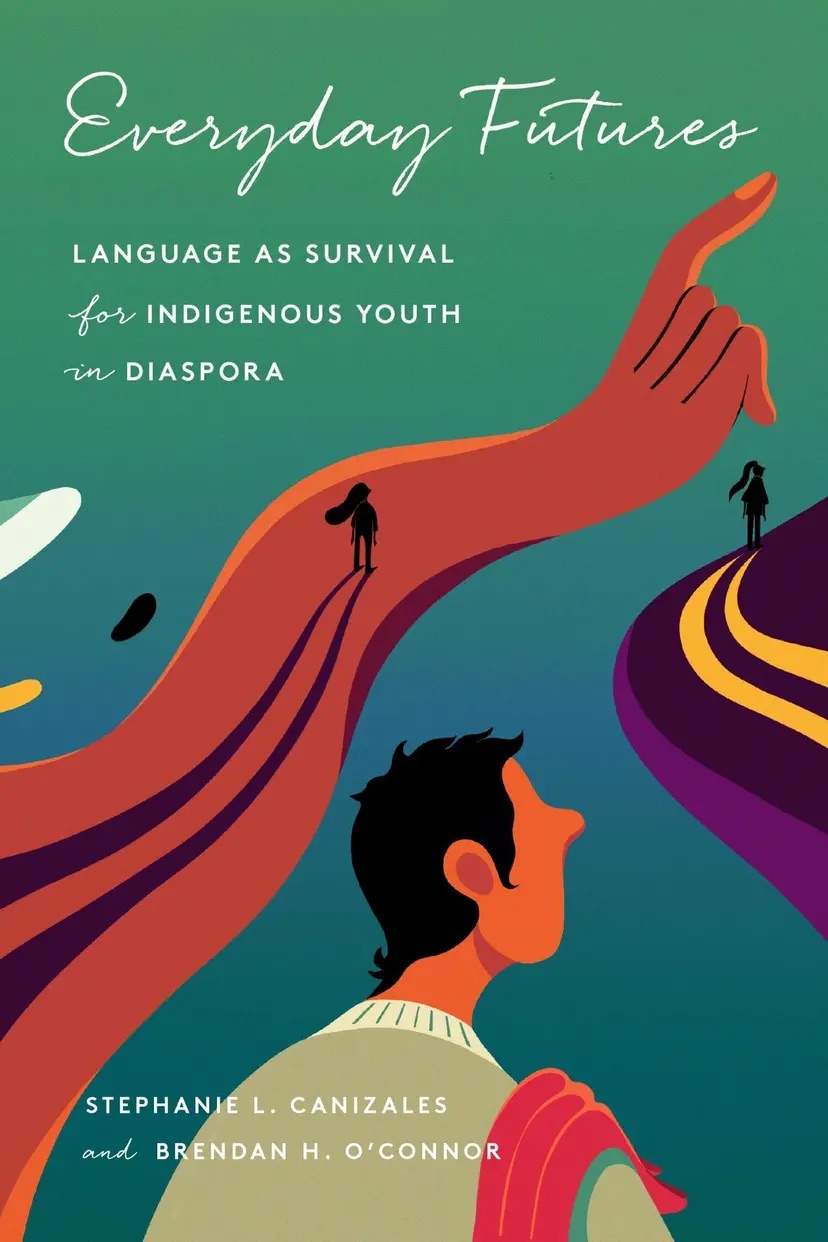
Stephanie L Canizales
Stephanie L. Canizales, PhD, is a researcher, author, and professor in the Department of Sociology at the University of California, Berkeley, where she is Faculty Director of the Berkeley Interdisciplinary Migration Initiative. She earned her PhD in Sociology from the University of Southern California (2018).
Stephanie specializes in the study of international migration and immigrant integration, with particular interest in the experiences of Latin American-origin immigrants and their descendants in the United States. Over the last decade, Stephanie has focused her work on the migration and coming-of-age of unaccompanied children from Central America and Mexico in California and Texas. Throughout her research and writing, Stephanie explores the role of immigration policy in shaping the everyday lives of migrant children and their families, how immigrants and the communities they arrive to (re)make one another mutually, and immigrants’ articulations of success and well-being within an increasingly unequal US society. Stephanie’s first book, Sin Padres, Ni Papeles, takes on many of these issues.
Born and raised in Los Angeles, California, Stephanie is the daughter of Salvadoran immigrants whose experiences growing up as unaccompanied youth in Los Angeles motivate her commitment to public scholarship. Stephanie’s research has appeared in The New York Times, The Atlantic, Washington Post, and The Los Angeles Times, among other outlets. She also uses her expertise to inform policy through her work as U.S. Department of Health and Human Services Resident Scholar and a UNICEF USA Research Consultant.

Sin Padres, Ni Papeles: Unaccompanied Migrant Youth Coming of Age in the United States.
Each year, thousands of youth endure harrowing unaccompanied and undocumented migrations across Central America and Mexico to the US in pursuit of a better future. Drawing on the firsthand narratives of migrant youth in Los Angeles, California, Stephanie L. Canizales shows that while a lucky few do find reprieve, many are met by resource-impoverished relatives who are unable to support them, exploitative jobs that are no match for the high cost of living, and the individualistic norms that render them independent and alone. Sin Padres, Ni Papeles illuminates how unaccompanied teens who grow up as undocumented low-wage workers navigate unthinkable material and emotional hardship, find the agency and hope that is required to survive, and discover what it means to be successful during the transition to adulthood in the United States.

Everyday Futures: Language as Survival for Indigenous Youth in Diaspora
Despite increasing attention on unaccompanied Central American youth migration to the United States, little empirical research has examined the crucial role of language in the incorporation process, particularly for Indigenous youth. Drawing on the perspectives of Maya (primarily K'iche')-speaking Guatemalan youth, Everyday Futures explores their experiences of language socialization in the broader Los Angeles immigrant community. Stephanie L. Canizales and Brendan H. O'Connor trace the factors that were most important to their quest for well-being and belonging across Guatemalan and American societies. Coming from contexts where Maya languages were stigmatized, these youth's migration journeys and early years after arrival were characterized by what they called "preparation" and "adaptation," processes through which they actively sought the linguistic and social expertise needed to promote their long-term survival in the US. While many faced struggles, some were able to achieve social and economic mobility, which instilled in them a sensibility of survival that enabled them to advocate for more recently arrived Maya youth and the maintenance of Maya language and culture. This book sheds important light on the dynamic process of "future-making" for Indigenous youth and yields rich insights into the role of language in creating hope in the diaspora.
Books
2025. Everyday Futures: Language as Survival for Indigenous Youth in Diaspora (with Brendan H. O’Connor). California: Stanford University Press.
2024. Sin Padres, Ni Papeles: Unaccompanied Migrant Youth Coming of Age in the United States. Oakland: University of California Press.
Articles
2024. “Between obligations and aspirations: Unaccompanied immigrant teen workers’ transnational family lives and imagined futures.” Journal of Ethnic and Migration Studies 50(10): 2510-2528.
2023. “’Si mis papás estuvieran aquí’“: Unaccompanied, undocumented Latinx youth’s emergent frame of reference and health in the U.S.” Journal of Health and Social Behavior 64(1): 120-135.
2023. “Work primacy and the social incorporation of unaccompanied, undocumented Latinx youth in the United States.” Social Forces 101(3): 1372-1395.
2023. “Thresholds of liminality: Discourse and embodiment from separation to consummation among Guatemalan Maya youth workers in Los Angeles.” International Journal of the Sociology of Language 2023(279): 155-179. (with Brendan H. O’Connor)
2023. “Ethnoracial Capitalism and the limits of ethnoracial solidarity.” Social Problems 70(4): 961-980. (with Jody Agius Vallejo)
2022. “Working-class Latina/o youth navigating stratification and inequality: A review of literature.” Sociology Compass 16(12): e13050. (with Pierrette Hondagneu-Sotelo)
2022. “’Maybe not 100%: Co-constructing language proficiency in the Maya diaspora.” International Multilingual Research Journal 16(4): 328-344. (with Brendan H. O’Connor)
2021. “Latinos and racism in the Trump Era.” Dædalus 150(2): 150-164. (with Jody Agius Vallejo)
2021. “Educational meaning making and language learning: Understanding the educational incorporation of unaccompanied, undocumented Latinx youth workers in the United States.” Sociology of Education 94(3): 175-190.
2019. “Support and setback: The role of religion in the incorporation of unaccompanied Indigenous youth in Los Angeles.” Journal of Ethnic and Migration Studies 45(9): 1613-1630.
2016. "Latina/o professionals as entrepreneurs: How race, class, and gender shape entrepreneurial incorporation." Journal of Ethnic and Racial Studies 39(9): 1637-1656. (with Jody Agius Vallejo)
2015. “American individualism and the social incorporation of unaccompanied Guatemalan Maya young adults in Los Angeles.” Journal of Ethnic and Racial Studies 38(10): 1831-1847.